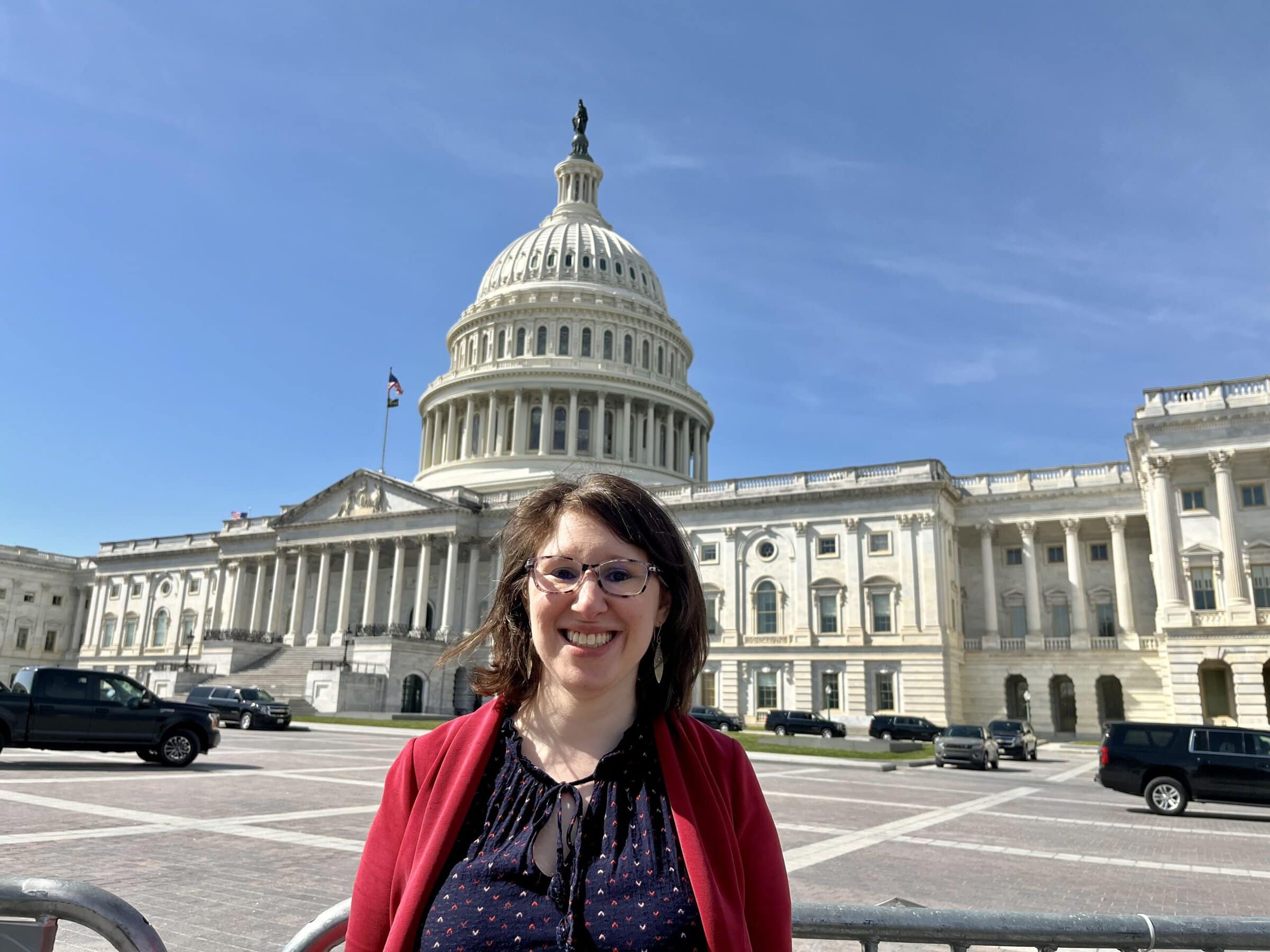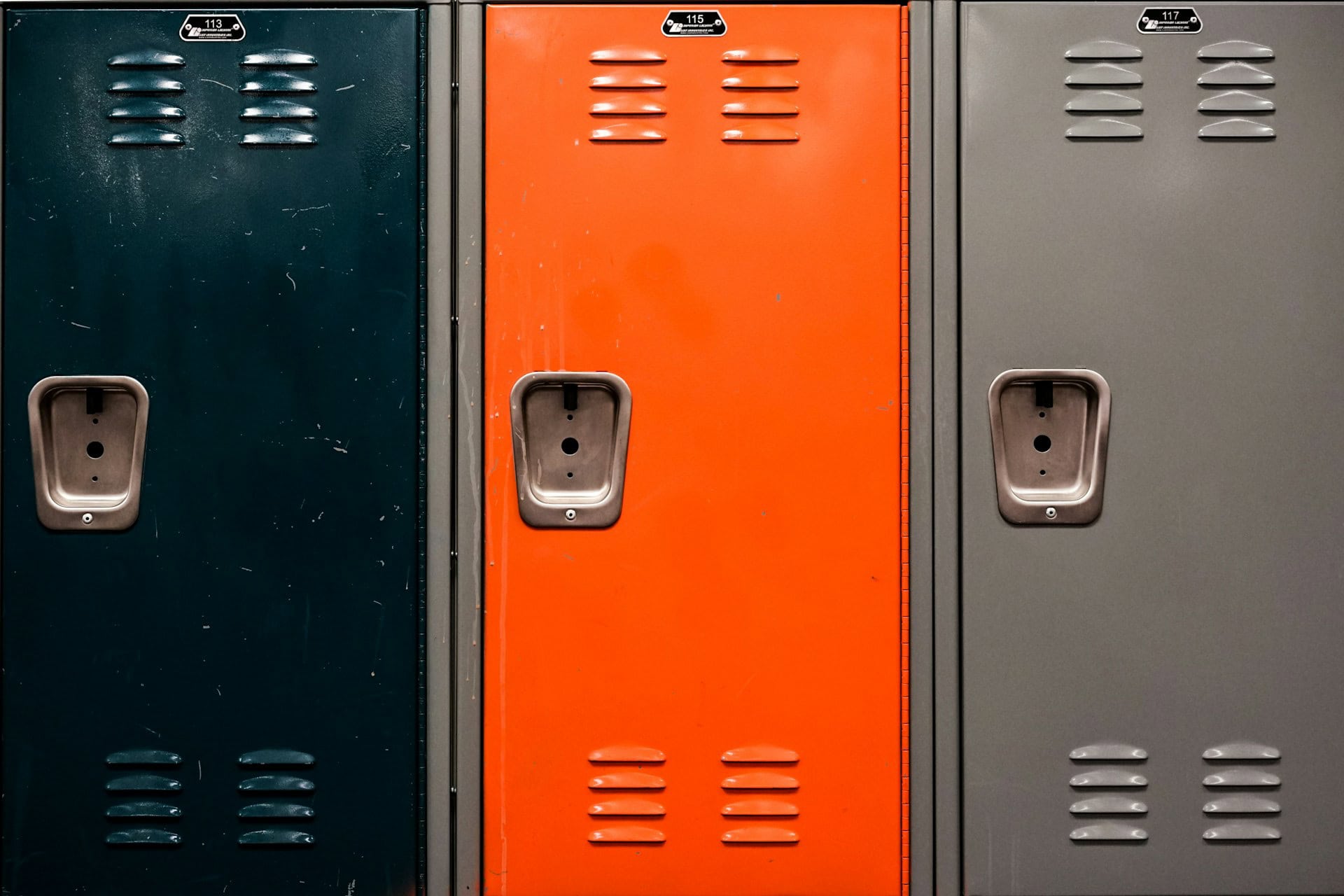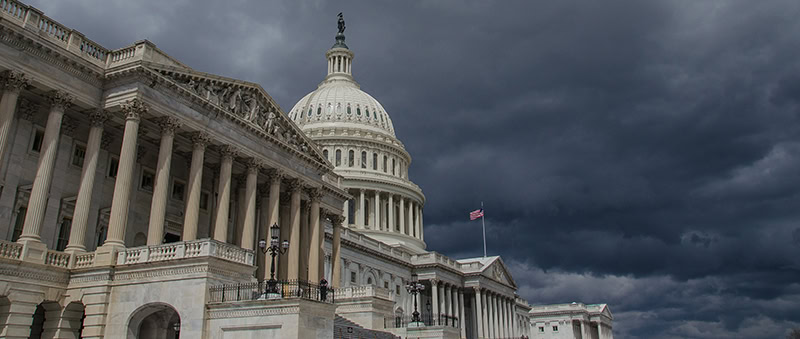Advocating for History
The AHA’s Freedom to Learn initiative educates historians and others on how to advocate publicly for honest history education, responds directly to the bills themselves, and creates resources to help teachers directly affected by these bills think about how to maintain the integrity of their history courses.
AHA Freedom to Learn Letters
The freedom to learn our nation’s history is under siege. In many states, legislators have introduced “divisive concepts” bills that seek to limit history education in ways that would make it virtually impossible for teachers to help students to thoughtfully consider slavery and racism in American historical development. Some of these proposals have already become law. While most of this legislation is aimed at public primary and secondary education, many also specifically include or have implications for public higher education.
The AHA has sent letters to legislators in the following states.
Read "Legislative Advocacy Letters: Behind the Scenes at the AHA" in Perspectives on History to learn how we carefully research and craft each letter.
AHA Initiatives

AHA Advocacy
The American Historical Association is unique among history organizations with the breadth and depth of our advocacy efforts.

AHA State History Standards Support
As part of its mission to promote historical thinking in public life and professional integrity in history education, the American Historical Association monitors and offers guidance on state-level academic frameworks.

The AHA leads or participates in several initiatives to support history educators facing intensifying controversies about what we teach and how we teach it. Historians, including both scholars and educators, play a crucial role in public deliberations about how to engage students in truthful and rigorous inquiry in history classrooms.

Mapping the Landscape of Secondary US History Education
Americans care about how their history is taught, but they don't always agree. Since its inception, the American Historical Association has taken a keen interest in how these disagreements shape the practice of history teaching in American classrooms. Mapping the Landscape of Secondary US History Education is the AHA’s multi-stage effort to provide a research-based grounding for ongoing civic deliberations about the teaching of US history in American classrooms.
American Lesson Plan: Teaching US History in Secondary Schools
The AHA’s 2024 report shares findings from the most comprehensive study of secondary US history education undertaken in the 21st century. AHA researchers appraised standards and legislation in all 50 states, conducted a survey of over 3,000 middle and high school US history educators, interviewed over 200 teachers and administrators, and reviewed thousands of pages of instructional materials from small towns to sprawling suburbs to big cities. The report provides empirical evidence and rigorous analysis to inform current debates over how history is taught in our schools.
AHA News

Joint Statement on Legislative Efforts to Restrict Education about Racism in American History
In June 2021, the American Association of University Professors, the American Historical Association, the Association of American Colleges & Universities, and PEN America authored a joint statement stating their “firm opposition” to legislation, introduced in at least 20 states, that would restrict the discussion of “divisive concepts” in public education institutions.

AHA Condemns Report of Advisory 1776 Commission
In January 2021, the AHA issued a statement condemning the report from “The President’s Advisory 1776 Commission.” “Written hastily in one month after two desultory and tendentious ‘hearings,’” the AHA writes, “without any consultation with professional historians of the United States, the report fails to engage a rich and vibrant body of scholarship that has evolved over the last seven decades.”

For the Press
Access press releases issued by the AHA and other resources for the media.
.png)
Perspectives on History
Read articles on legislative and educational issues in the AHA's newsmagazine, Perspectives on History.
Support the AHA's Advocacy Efforts
The AHA is unique among history organizations with the breadth and depth of our advocacy efforts. Our advocacy work is more critical now than ever before, and we need your help. If you believe in the importance of honest history education, please join the AHA as a member or donate to the AHA's Operating Fund to support our advocacy work.
Acknowledgments
The AHA is grateful to the Agentives Fund, Lumina Foundation, and the Teagle Foundation for their support of various elements of this initiative. Any views, findings, conclusions, or recommendations expressed in this work do not necessarily represent those of the supporting agencies.